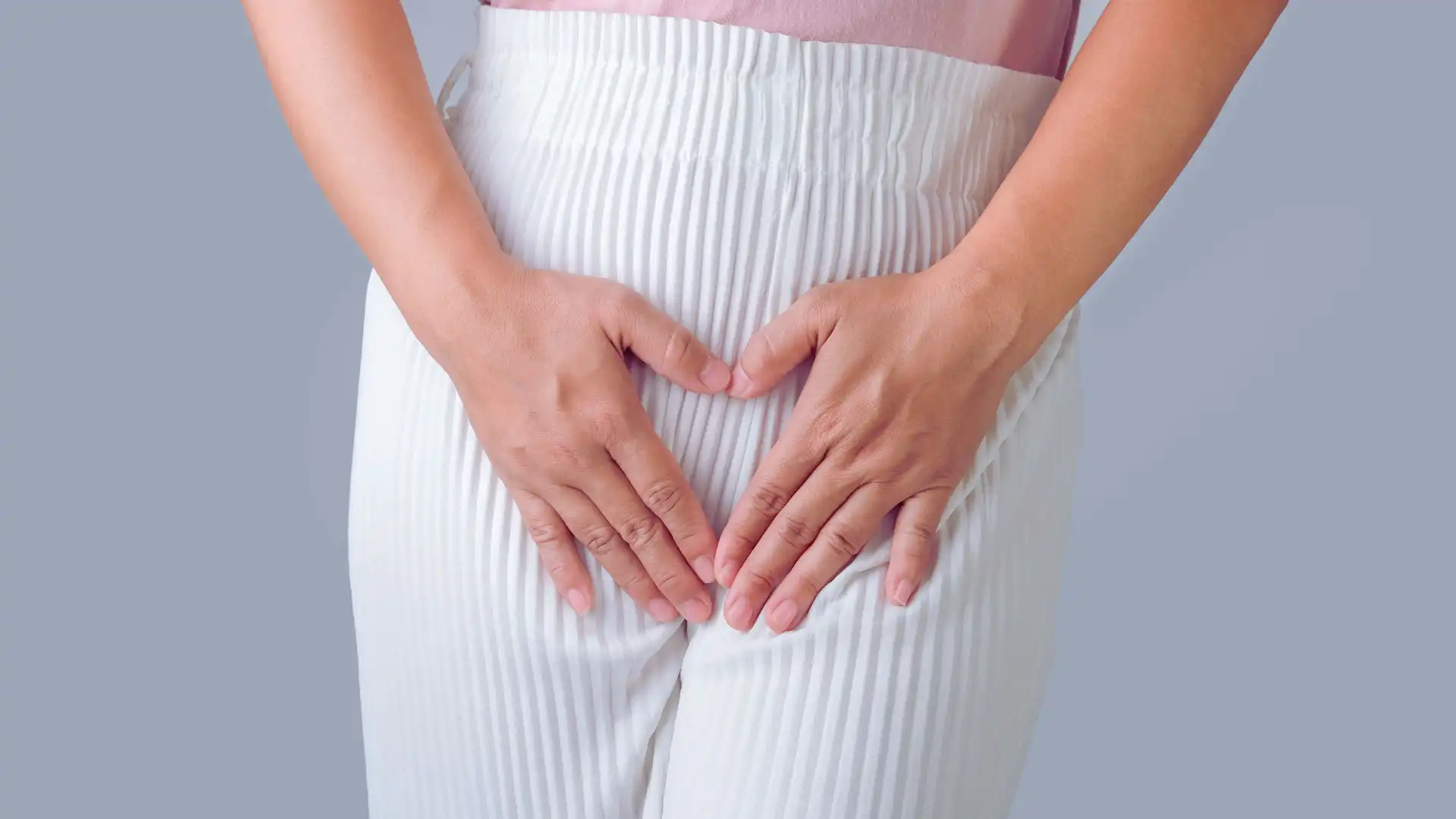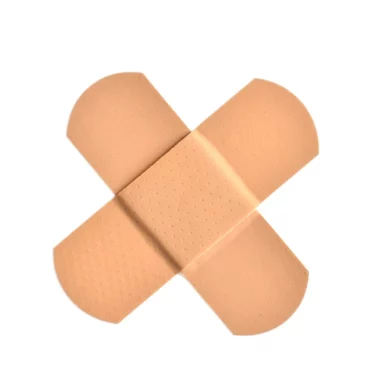Decidual cast is a rare and unusual medical phenomenon that can be alarming when experienced. It occurs primarily in women during their reproductive years and is often linked to the menstrual cycle. This article will explore the decidual cast, its potential causes, symptoms, and how it can be managed.
What is a Decidual Cast?
A decidual cast is a temporary and sometimes painful condition where the lining of the uterus, known as the endometrium, is expelled from the body in one solid piece, resembling a mould of the uterus. This mass can comprise the endometrial tissue, blood, and other uterine fluids.
Causes of Decidual Cast
- Hormonal Fluctuations: Decidual casts are commonly associated with hormonal imbalances, including changes in estrogen and progesterone levels.
- Miscarriage: In some cases, a decidual cast can result from an early miscarriage, though it may not consistently be recognized as such.
- Endometriosis: Women with endometriosis, a condition where endometrial tissue grows outside the uterus, may be more prone to experiencing decidual casts.
- Birth Control: Hormonal birth control methods, such as intrauterine devices (IUDs) and contraceptive pills, can sometimes lead to this condition as a side effect.
Symptoms of Decidual Cast
- Intense Pelvic Pain: Severe pelvic pain, often accompanied by cramping, is a hallmark symptom.
- Menstrual Irregularities: Changes in menstrual flow and irregular periods are typical.
- Visible Tissue: Women may notice the expulsion of a solid, rubbery mass from their vagina during menstruation.
- Nausea and Vomiting: Some women may experience nausea or vomiting due to the pain and discomfort.
Treatment and Management
- Pain Relief: Over-the-counter pain relievers can help alleviate discomfort.
- Heat Therapy: Applying a heating pad to the lower abdomen can relieve cramping.
- Hormonal Therapy: In some cases, hormonal treatments like birth control pills may be prescribed to regulate menstrual cycles and reduce the likelihood of future decidual casts.
- Consult a Healthcare Provider: If you suspect you’ve passed a decidual cast or are experiencing severe symptoms, consult a healthcare provider for a proper diagnosis and to rule out underlying conditions.
While decidual casts can be alarming, they are typically not a cause for significant concern. However, any unusual or severe menstrual symptoms should be discussed with a healthcare provider to ensure proper evaluation and management. Understanding the causes, symptoms, and treatment options for decidual cast can help individuals navigate this rare occurrence with confidence and peace of mind.
Frequently Asked Questions (FAQs)
What is a decidual cast?
A decidual cast is a temporary and sometimes painful condition where the lining of the uterus is expelled from the body in one solid piece during menstruation.
What causes decidual casts?
Decidual casts can be caused by hormonal fluctuations, early miscarriages, endometriosis, and certain birth control methods.
Are decidual casts common?
No, decidual casts are rare and not commonly experienced by most women.
What are the symptoms of a decidual cast?
Symptoms can include intense pelvic pain, cramping, changes in menstrual flow, and the passage of a solid, rubbery mass during menstruation.
Is a decidual cast a sign of a miscarriage?
Not always. While decidual casts can result from a miscarriage, they may also occur without a pregnancy being recognized.
Is a decidual cast dangerous?
Decidual casts are typically not dangerous but can be quite painful. If you experience severe symptoms, consult a healthcare provider for evaluation.
Can hormonal birth control cause decidual casts?
Yes, certain hormonal birth control methods, like IUDs and contraceptive pills, may lead to the formation of decidual casts as a side effect.
How are decidual casts treated?
Treatment may include pain relief medications, heat therapy, and hormonal treatments like birth control pills to regulate menstrual cycles.
Can decidual casts be prevented?
There is no surefire way to prevent decidual casts, but managing underlying conditions like endometriosis and discussing potential side effects of birth control methods with a healthcare provider can help.
When should I see a doctor if I suspect a decidual cast?
If you suspect you’ve passed a decidual cast or are experiencing severe symptoms such as intense pain, nausea, or vomiting, it’s advisable to consult a healthcare provider for evaluation and guidance.











